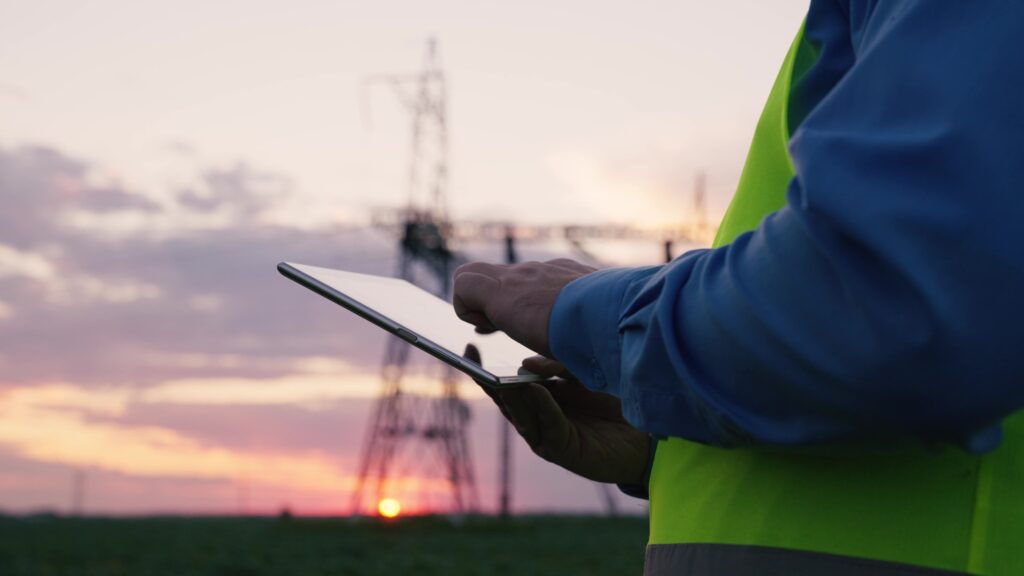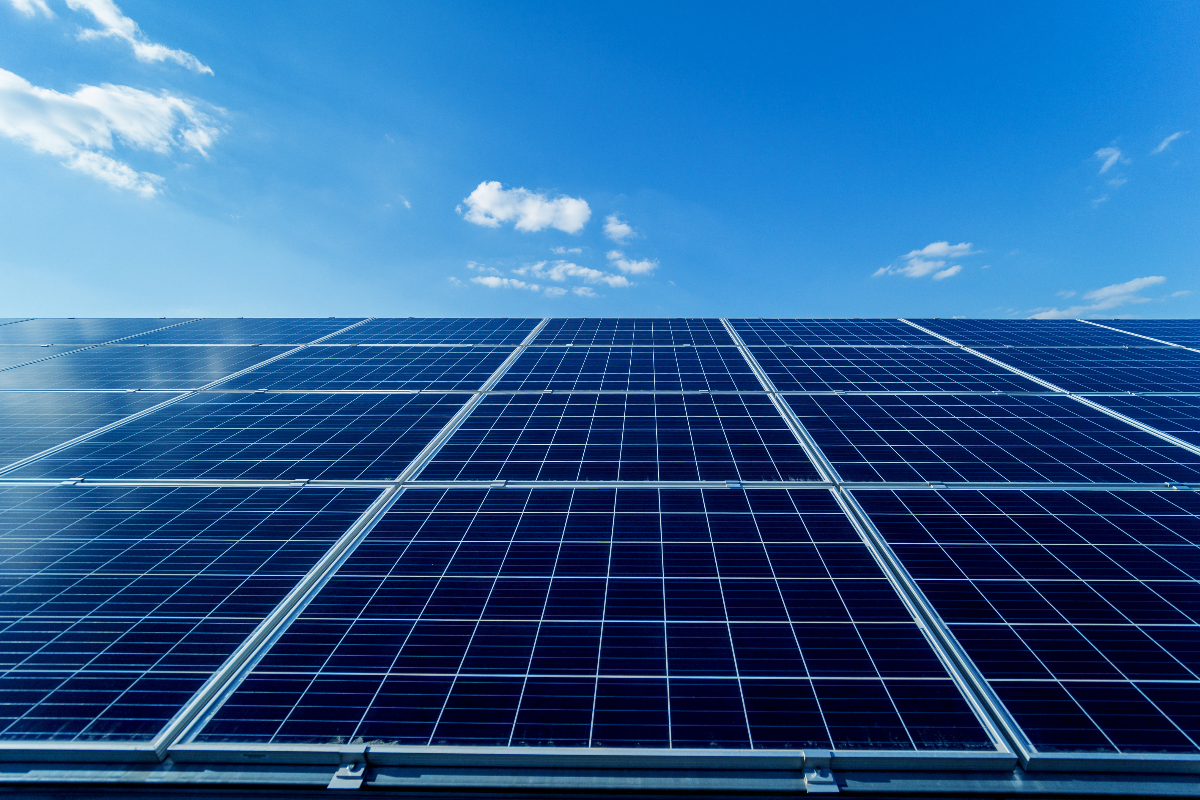NEWS
Understanding ROCs, REGOs, and PPAs

Renewable Obligation Certificates (ROCs), Renewable Energy Guarantees of Origin (REGOs), and Power Purchase Agreements (PPAs) are all crucial in supporting the growth of sustainable energy in the UK.
What are ROCs?
ROCs or Renewable Obligation Certificates are issued as accreditations to renewable energy generating stations for the renewable electricity they generate.
Under the UK’s Renewable Obligation scheme that was introduced in 2002, energy suppliers are required to source a certain percentage of their electricity from renewable sources, known as the Renewable Obligation (RO) target. To meet this target, energy generators that produce electricity from renewable sources can receive ROCs for each megawatt-hour (MWh) of electricity they generate.
Originally, one ROC was issued for each megawatt hour (MWh) of eligible renewable output generated. However, in 2009 the RO was amended to provide different levels of support for different types of renewable energy based on technology costs and “market readiness”.
ROC certificates can also be sold to energy suppliers that have not generated enough ROCs themselves as they are required to surrender a certain number of ROCs to Ofgem to meet their set obligation. The sale of these renewable obligations provides businesses that are generating more renewable energy then required to meet the RO with a second source of income to further support and incentivise investment in renewable energy.
The price of Renewable Obligation Certificates is determined by supply and demand in the market, with the cost eventually being passed on to consumers through their energy bills.
Why were ROCs introduced?
The scheme aims to encourage investment in renewable energy infrastructure and increase the share of renewable energy in the UK’s electricity mix. As the RO target increases over time, so does the demand for Renewable Obligation Certificates, incentivising further investment in renewable energy generation.
In 2010, feed-in tariffs (FITs) were made available for schemes of 5 MW or smaller. This was introduced to try and promote microgeneration and gives power generators a choice of applying to either FITs or the ROs scheme.
Failure to present the required amount of ROCs to Ofgem will result in a “buy-out”. A buy-out allows power generators to pay a set amount per MWh to make up for the shortfall. The price per MWh is set by Ofgem each year.
How do they affect me?
Third party energy costs in the UK refer to the additional charges that are applied to energy bills by external parties, such as the government, transmission companies, and energy suppliers. These costs cover various aspects of energy production, transmission, and distribution, including renewable energy subsidies, infrastructure upgrades, and regulatory fees. The renewable obligations scheme is included in your third-party costs and currently makes up around 18% of your total energy costs.
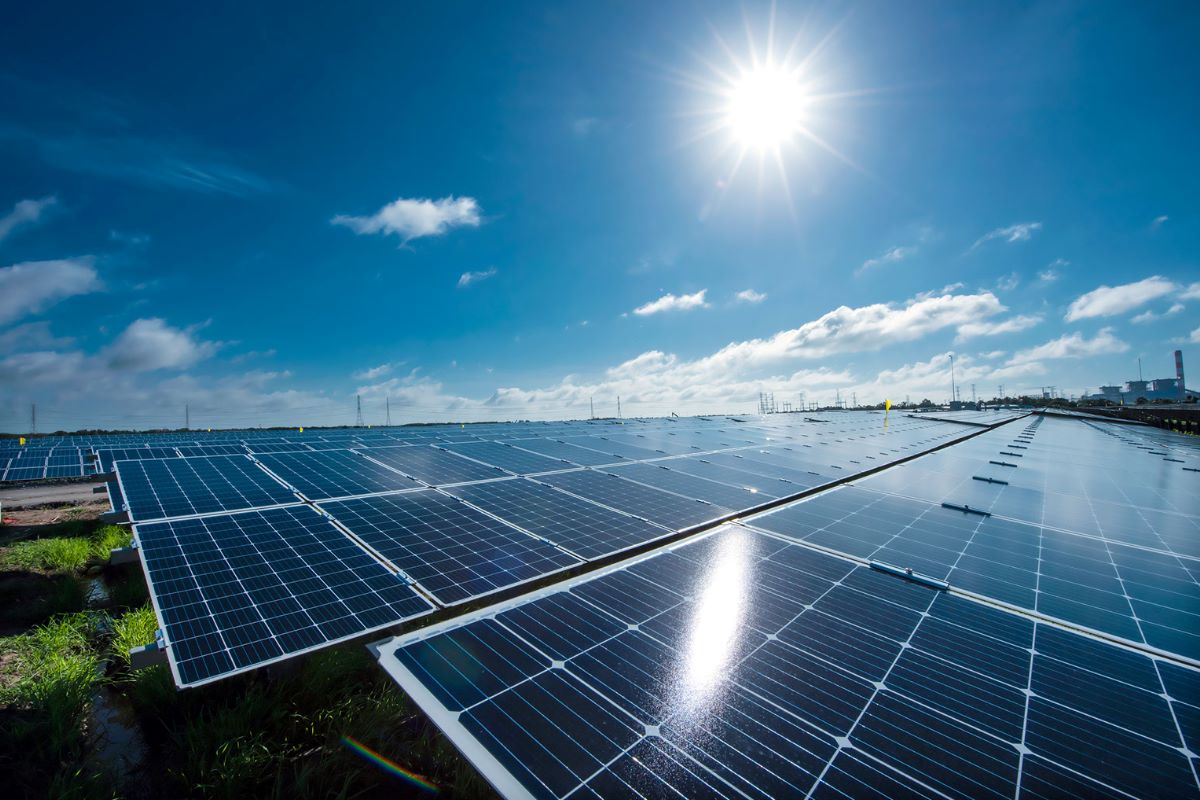
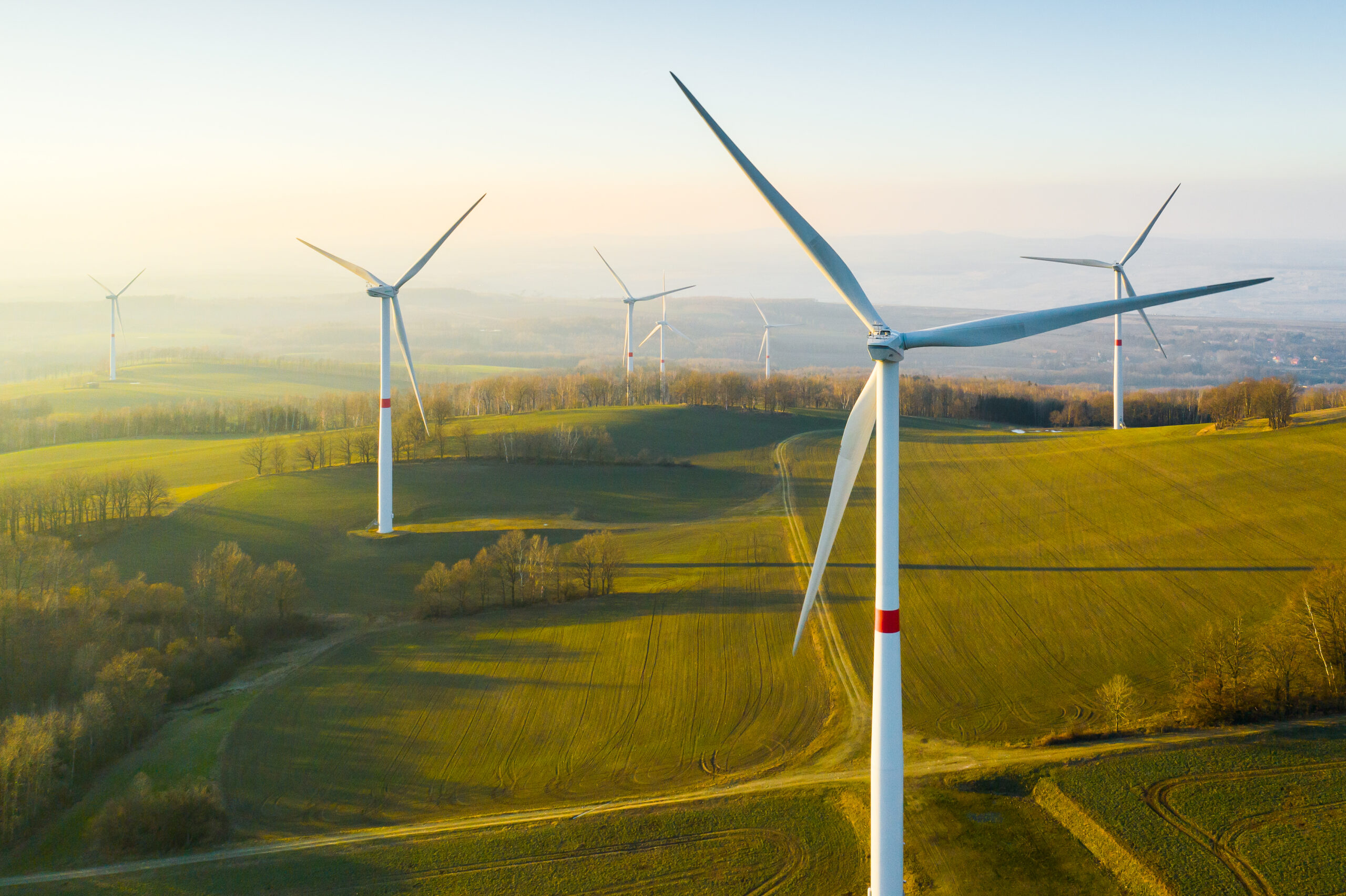
What are REGOs
Renewable Energy Guarantees of Origin (REGOs) are certificates issued to prove that an exact amount of electricity was generated from renewable sources.
REGOs are part of the Renewable Energy Certificate scheme that was introduced by the government to promote renewable energy generation and support the development of the renewable energy sector alongside the RO scheme.
When electricity is generated from renewable sources such as wind, solar, or hydro, it is fed into the national grid and becomes mixed with electricity from other sources such as gas or coal. The energy generator then creates a renewable energy guarantee certificate which can be passed down to supplier then finally to the customer to authenticate that an exact amount of the electricity purchased was green energy. REGOs provide a transparent way for consumers to choose electricity from renewable sources and for businesses to meet their renewable energy targets.
In summary, REGOs are certificates that provide assurance to consumers and businesses that a certain amount of electricity was generated from renewable sources. They support the growth of renewable energy generation and provide financial incentives for renewable energy generators.
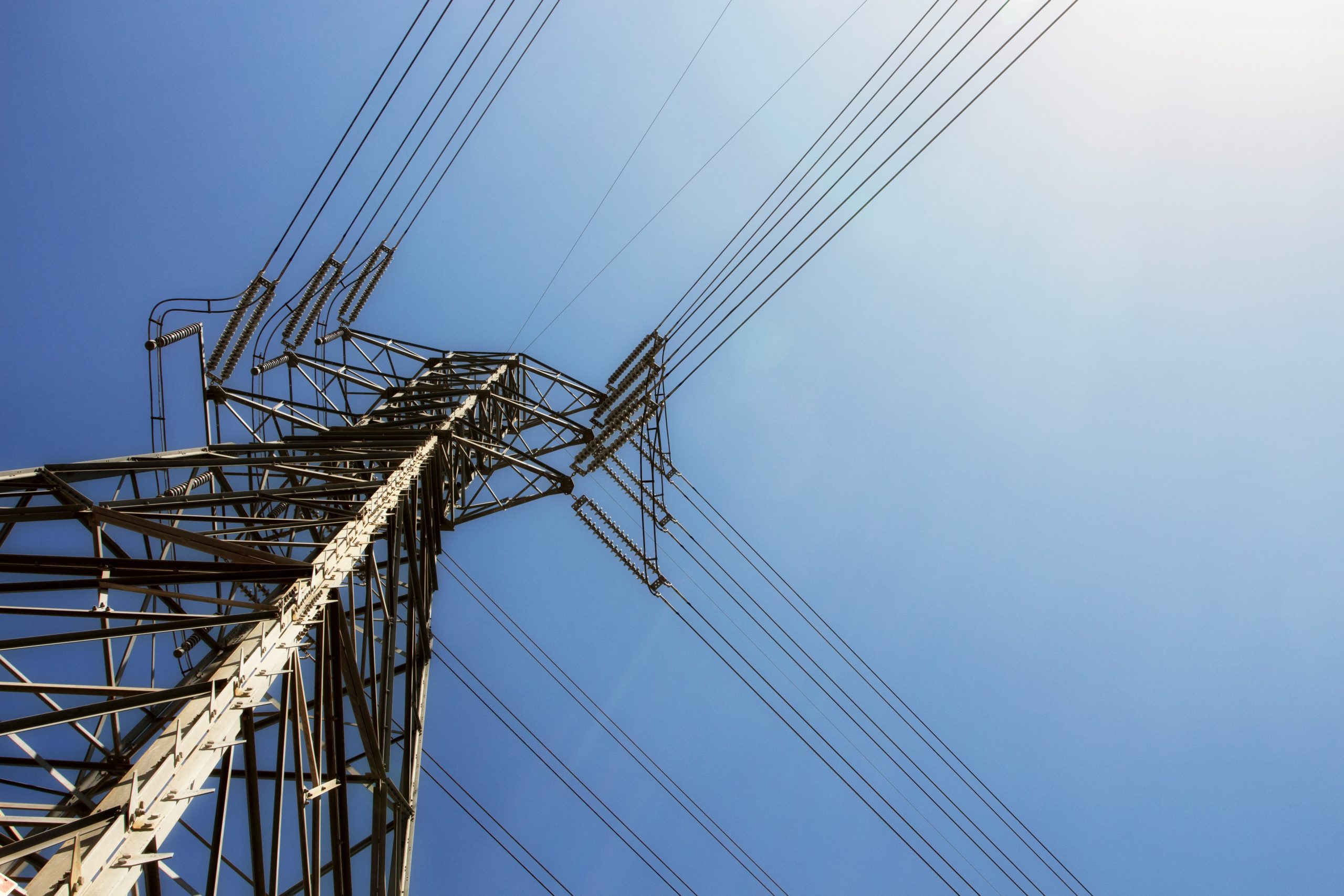

What are PPAs?
Power Purchase Agreements (PPAs) are contracts between a renewable energy generator and a buyer, typically a large consumer or energy retailer, where the buyer agrees to purchase a specified amount of electricity at an agreed-upon price for a fixed period of time.
PPAs are used to support the development and financing of renewable energy projects, as they provide a stable and predictable revenue stream for the generator over a number of years, which helps to reduce financing costs. PPAs can also help energy buyers meet sustainability targets and reduce their carbon footprint.
PPAs are usually long-term contracts that can last from 10 to 25 years, and the price of the electricity is often fixed for the duration of the agreement. This means that the generator is protected from fluctuations in electricity prices, and the buyer has a reliable source of renewable energy at a predictable cost.
PPAs can take several forms, including physical PPAs, where the generator delivers the electricity to the buyer’s site, and financial PPAs, where the buyer only receives the financial benefits of the electricity produced, while the physical electricity is sold on the open market.
Contact us
If you wish to talk to one of our experts to learn more about ROCs, REGOs, and PPAs then get in touch here. If you want to learn more about sustainable business energy you can take a look at our sustainability page where you can also find out what steps Flame Energy have taken to become more sustainable ourselves.

